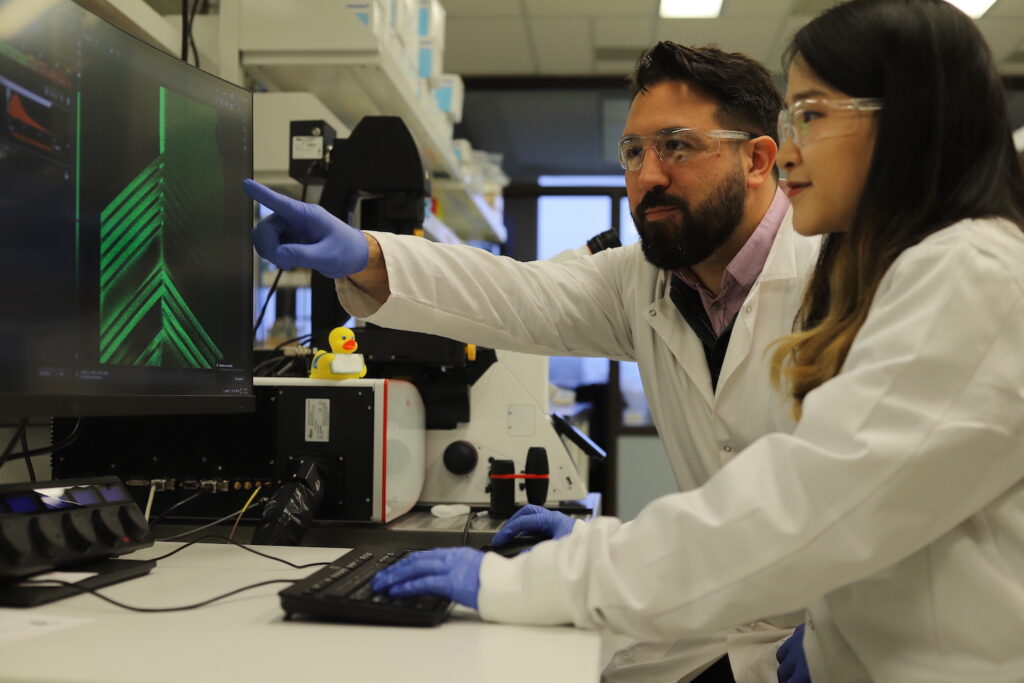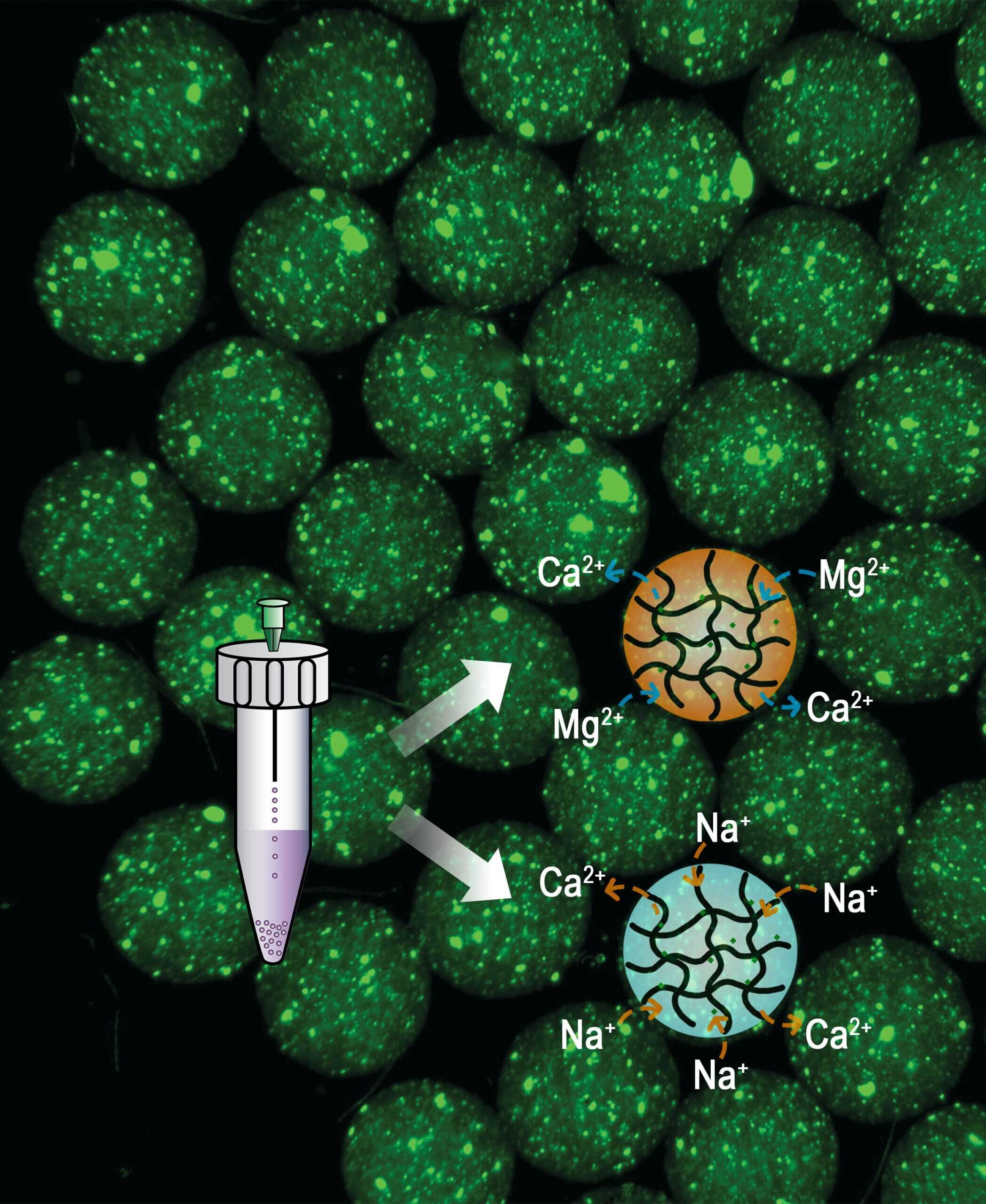Engineering the Future of Human Health
A strategic direction for research
From benchtop to bedside, we are innovating across the continuum of care, improving patients’ lives through scientific and technological breakthroughs in prevention, diagnostics, and therapeutics.

A tipping point in global health
Great strides in human health have been made over the past century. Advances in our understanding of the body and disease coupled with imaging breakthroughs and new technologies enabled the development of surgeries, medicines, and vaccines that dramatically increased life expectancy.
Today, we stand at another tipping point in global health. Studies from the National Academies of Sciences, Engineering and Medicine (NASEM) highlight the specific contributions chemical engineers are poised to make in protein and cell engineering, formulations and other aspects of illness treatments and cures. Machine learning, single cell imaging, data-driven statistical models, nanotechnology and nanosystems integration, sensor technology design, and microfluidics-on-a-chip are opening a new frontier of precision medicine.
At Michigan Chemical Engineering, we approach every research project with patients’ needs in mind. With our benchtop to bedside mindset, we design technologies that will quickly reach those in need along the continuum of care, to prevent, diagnose, and cure.
Imagine a world where:
- The speed, low cost, and precision of diagnostic tools enable patients with infections, illnesses, injuries, and disease to receive on-the-spot, individually tailored treatments.
- We no longer flood the body with medicines but send chemically engineered proteins, nanoparticles or cells directly to the tumor or site of infection.
- These targeted treatments are discovered and deployed to patients in record time and with equitable access for all.
That world is on its way thanks to Michigan chemical engineers.
WHY MICHIGAN
Our proximity to Michigan Medicine means ChE students and faculty are seamlessly teamed with physician-researchers from the outset. A leading university and health system, Michigan Medicine seeks out collaboration with Michigan engineers, putting Michigan Chemical Engineering at the forefront of impactful medical solutions.
$806M
Research – Michigan Medicine
$310M
Research – College of Engineering
#2
Public Research University (FY2023)
OUR RESEARCH:
TREATING ALZHEIMER’S DISEASE
Our researchers, funded through the National Institutes for Health, are developing bifunctional antibodies that target one molecule at the blood-brain barrier for transport into the brain and a second molecule in the brain to mediate neuroprotective function. The bifunctional antibodies and insights gained in this work are expected to accelerate the development of therapeutics for treating Alzheimer’s disease and other neurodegenerative disorders.
USING NANOTECHNOLOGY TO FIGHT CANCER
Our researchers have partnered with Michigan Medicine to develop clinical medicine nanotechnology that can detect nano-vesicles secreted by tumor cells. Using chiral gold nanoparticles self-assembled onto a microfluidic device, researchers are capturing and profiling exosomes, vesicles that regulate signaling and communication in the body and play a critical role in the development of diseases like cancer. With a simple blood draw, the platform will be able to detect cancer mutations, allowing alteration of any treatment course early-on.
Funding received to advance nanotechnology for cancer treatment
TRANSPORTING TREATMENT TO BRAIN TUMORS
New therapies for patients with aggressive brain tumors have been limited by the insufficient delivery of active agents into the brain tumor. Our researchers have developed novel nanocarriers that can improve the transport into brain tumors using synthetic protein nanoparticles that can be flexibly loaded with different treatment options, and even can deliver precise combination therapies combining two or more therapeutic agents. With very promising treatment results in the lab, current efforts are targeted at the development of tailored nanocarriers delivering patient-specific treatment combinations.
$2.38M to test nano-engineered brain cancer treatment in mice
Recent news in HUMAN HEALTH:
-
Michigan Chemical Engineering Faculty Propel Innovation in Microgel Production through Unique 3-Day Challenge
A hackathon style collaboration leads to compelling innovation in microgels


